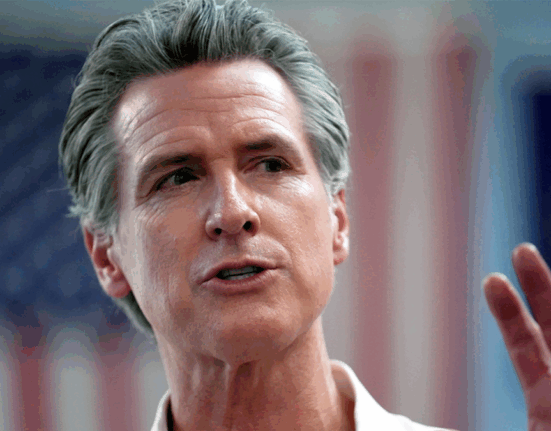Have you ever heard of donkey voting? It’s not about actual donkeys casting ballots but rather a term used to describe when voters simply number candidates in the order they appear on the ballot. Some people view it as a form of protest, a way to express dissatisfaction with the choices presented. But did you know that despite common belief, donkey votes are still valid?
In this exciting episode of Voting 101, hosted by none other than Guardian Australia’s very own Matilda Boseley, we dive deep into the world of donkey voting and debunk the myth surrounding its legitimacy. Buckle up as we unravel the mysteries behind this unconventional voting practice!
Picture this: it’s election day in Australia, and citizens across the country are making their way to polling stations to exercise their democratic right. Among them are individuals who opt for a unique approach – numbering candidates consecutively without much consideration for their policies or party affiliations.
Misconceptions Debunked
Contrary to popular belief, there is a misconception that donkey votes hold no weight in elections. However, Matilda Boseley is here to set the record straight. She emphasizes that as long as every box on the ballot is numbered – regardless of the chosen sequence – your vote is indeed valid. So, next time someone dismisses donkey votes, you can confidently educate them on their significance.
Exploring Voter Behavior
The psychology behind donkey voting is fascinating. It offers insight into voter behavior and attitudes towards political engagement. By understanding why some individuals opt for this unconventional method, we gain a deeper appreciation for the diverse ways people participate in democracy.
As we navigate through different election scenarios and analyze voter trends, it becomes evident that donkey votes serve as more than just random markings on a ballot paper; they represent voices seeking alternative means of expression within a structured electoral process.
Educational Campaigns
In an era where civic education plays a crucial role in shaping informed citizens, initiatives like Voting 101 serve as beacons of knowledge dissemination. Through engaging content and expert commentary from journalists like Matilda Boseley and her esteemed colleagues Lisa Favazzo, Pablo Barnes, and Michael Kalenderian, viewers are empowered with valuable insights that demystify complex electoral concepts.
The Impact of Donkey Votes
Experts weigh in on how donkey votes may subtly influence election outcomes by introducing an element of unpredictability into candidate rankings. While individual instances might seem inconsequential, collective donkey voting patterns could potentially sway results in closely contested races.
So next time you’re at the polls facing down your ballot paper with its neatly arranged list of candidates, remember that each mark carries weight – even if it follows an unconventional order inspired by our four-legged friends!








Leave feedback about this